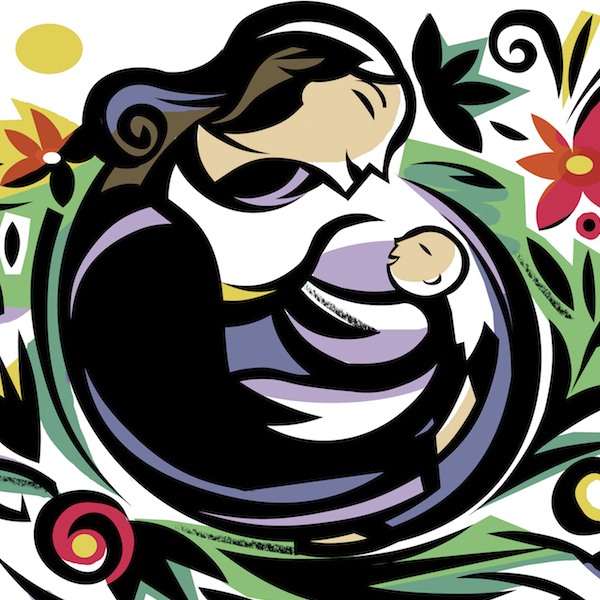In the evenings, I sometimes lie beside Eleni, rubbing her back and stroking her hair until she falls asleep. As tranquil bedtime music relaxes us, I feel, for the first time all day, that Eleni is completely mine, with no outside distractions — fully enveloped and protected by my love.
Eleni is almost 6, and in many ways still an innocent little girl. But each day she ventures further into the world, going to school, negotiating friendships, forging her own identity, and learning that life isn’t always kind or fair. In the grand scheme of things, Eleni’s lessons are benign: A friend promises to sit next to her on the bus, then changes her mind. Two pals exclude her from play (“We want to be alone!,” they shout), then relent and let her join in the fun.
But sometimes her trials cut deeper. One Sunday afternoon, Eleni and I went to Chinatown. Normally, my girl loves walking through the streets, peering into shops, and staring at the foreign but familiar faces. On this day, however, Eleni grew quiet, and when we got home that night, she burst into tears. Clearly exhausted and confused, Eleni told me she was sad to see so many “Chinese mommies” with their children and admitted that she missed her parents in China. Though Eleni was only 8-and-a-half-months old when I adopted her, her birth parents come up frequently in conversation.
“I never got to say good-bye to them,” she sobbed, as I tried to comfort her. “I’m just not a lucky person.”
As a mother, of course, it’s hard to see my daughter in pain. But when the tears well up in Eleni’s eyes over the loss of her birth parents, or when she comes home from school relaying an unhappy incident with a friend, I become particularly weak-kneed and vulnerable. As a single mother, I suddenly feel as if it’s me against the world — a tiny parent without the support of a large, hulking family (or one strong partner). At times like these, I want always to stay by Eleni’s side, stand up to the mean kids, surround her with emotional armor, and put a salve on any memories or experiences that even remotely cause her pain.
The problem is, Eleni is becoming her own person now, and even if I tried to shield her from unhappiness, I couldn’t. As a child with a curious mind and an insatiable passion for life, Eleni wants to know who she is, where she came from, and why she’s here. And as a fun-loving, social kid, who wants not only to fit in but to lead, she is drawn to other children as strong-minded as she is, which sometimes creates conflicts.
By nature, I have a dark, brooding side that I attribute to my Mediterranean heritage. But Eleni, whose name means “light” in Greek, is often my polar opposite. She probes, she ponders, she falls into moods, then, miraculously, she lets things go. It’s not that the pain of losing her birth mother is any less keen, or that her desire for friendship, identity, and acceptance wanes. It’s that somehow Eleni finds a place of resilience and joy inside herself that cushions her from life’s sorrows and uncertainties. As I watch her run on the playground, organizing a game of tag, I see her sense of fire and happiness come alive. In those moments, I’m grateful for her strength and her lightness, and I hope deeply that this spirit always guides and protects her through life, particularly when I’m not by her side.



